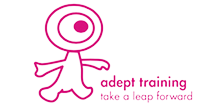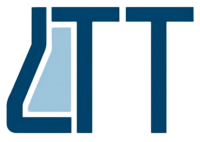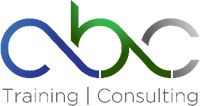
Popular courses in Central Coast
Certificate III in Pathology Collection
- There are no mandated entry requirements.


Certificate III in Health Services Assistance
- There are no mandated entry requirements.


Certificate III in Allied Health Assistance
- There are no mandated entry requirements.
 Foundation Education
Foundation Education
Certificate IV in Allied Health Assistance
- There are no mandated entry requirements.
 Foundation Education
Foundation Education
Certificate IV in Medical Practice Assisting
- There are no mandated entry requirements.
 Adept Training
Adept Training
Certificate III in Laboratory Skills
- There are no mandated entry requirements.
 LTT
LTT
Certificate III in Pathology Assistance
- There are no mandated entry requirements.
 Adept Training
Adept Training
Advanced Diploma of Civil and Structural Engineering (Materials Testing)
- There are no mandated entry requirements.
 Engineering Institute of Technology
Engineering Institute of Technology
Diploma of Laboratory Technology
- There are no mandated entry requirements.
 ABC Training and Consulting
ABC Training and Consulting
Certificate II in Sampling and Measurement
- There are no mandated entry requirements.



Diploma of Electronics and Communications Engineering
- There are no mandated entry requirements.


Perform Venous Blood Collections
- There are no mandated entry requirements.
 Benchmarque Group
Benchmarque Group
Bachelor of Biomedical Science
- There are no mandated entry requirements.


Bachelor of Science (Honours) (Anatomy)
- There are no mandated entry requirements.
 University of New South Wales
University of New South Wales
Undergraduate Certificate in Science
- There are no mandated entry requirements.


Diploma in Science
- There are no mandated entry requirements.
 The University of Newcastle
The University of Newcastle
Advanced Diploma of Laboratory Management
- Completed Diploma (AQF Level 5) or above in a science, technology, engineering or mathematics (STEM) discipline OR
- Completed Diploma of Laboratory Technology or equivalent qualifications OR
- Evidence of relevant skills, knowledge and employment experience
 ABC Training and Consulting
ABC Training and Consulting
Diploma of Laboratory Technology (Pathology)
- There are no mandated entry requirements.
 TAFE NSW
TAFE NSW
Diploma of Laboratory Technology (Chemistry)
- There are no mandated entry requirements.
 TAFE NSW
TAFE NSW
Frequently Asked Questions
Yes, there are course providers who offer 19 qualification(s) in Central Coast. Find a course provider near you. Once you make an enquiry, a course advisor will get in touch to discuss your study options and course fees.
Written by Courses.com.au Team
There are several campuses within the Central Coast area that provide medical technician training. The closest campus is 12km away from the center of Central Coast. You can also study a medical technician course through online, traineeship learning. Find a course provider that best suits your needs.
Written by Courses.com.au Team
Potential job roles within medical technician includes medical laboratory technician, pathology assistant or pathology collector (to name a few). Browse related occupations to find a career that suits your needs.
Written by Courses.com.au Team
Further reading


Certificate III in Pathology Collection: Everything You Need to Know
10th February 2025)
